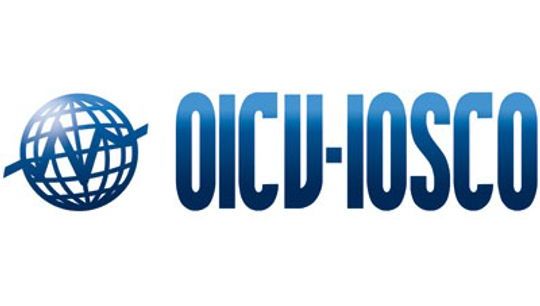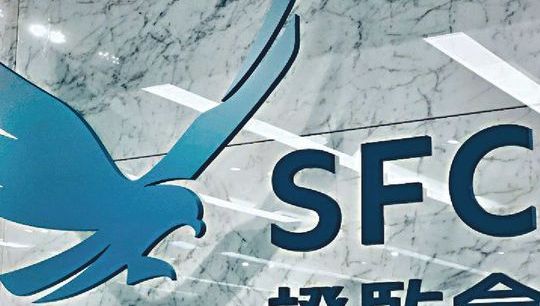AIMA Journal, 130 - Message from AIMA CEO Jack Inglis
By Jack Inglis, CEO, AIMA
Published: 27 June 2022
In the previous edition of the AIMA Journal, I had the occasion to describe how the environment of the moment was centred on the outbreak of war in Ukraine, increasing headwinds in both the public markets and digital assets, along with the lingering effects of COVID-19 on global financial markets.
Plus ca change, plus c’est la meme chose!
This edition goes to press in the wake of another sharp downturn in crypto markets, with the S&P 500 down 25% year-to-date, and concerns of runaway inflation levels not seen in over 40 years! Meanwhile, Russia’s invasion of Ukraine has passed its 100th day with no end in sight. One topic that is largely absent from the Journal for the first time in a long time is the pandemic, which appears to have receded or at least been superseded by more urgent issues.
With so much going on, readers will be forgiven for not being focussed across the extremely busy pipeline of regulatory proposals emanating from the US’ SEC and the UK’s FCA. For this reason, we have chosen to open this edition by examining the myriad challenges posed by the potentially disruptive proposals that have been keeping AIMA’s Government and Regulatory Affairs so busy in recent months. Several articles in this edition address this broad topic from various angles.
Elsewhere, ESG and responsible investing continue to dominate industry headspace, including debates around what ESG means to various alternative investments – including private credit – and whether it offers a source for generating alpha, or how it might affect manager-investor relations in the long-term still live topics examined by contributors.
Although COVID-19 may be off the front page, the lessons learned during the pandemic are still being integrated across the industry. Firms have been exploring new ways of operating their business with a greater reliance on outsourcing, and increased demand for cybersecurity driven by remote working and greater use of digitisation. The practical applications of these changes to some firms’ operating models are still top of mind for many and are presented prominently in this edition.
Finally, regional updates are offered for several major jurisdictions for alternative investment, alongside an updated analysis of the impact of the sanctions on Russia on managers with exposure to affected markets or who may have Russian investors.
My thanks to all the contributors who continue to make the AIMA Journal a highly valuable resource for so many.










